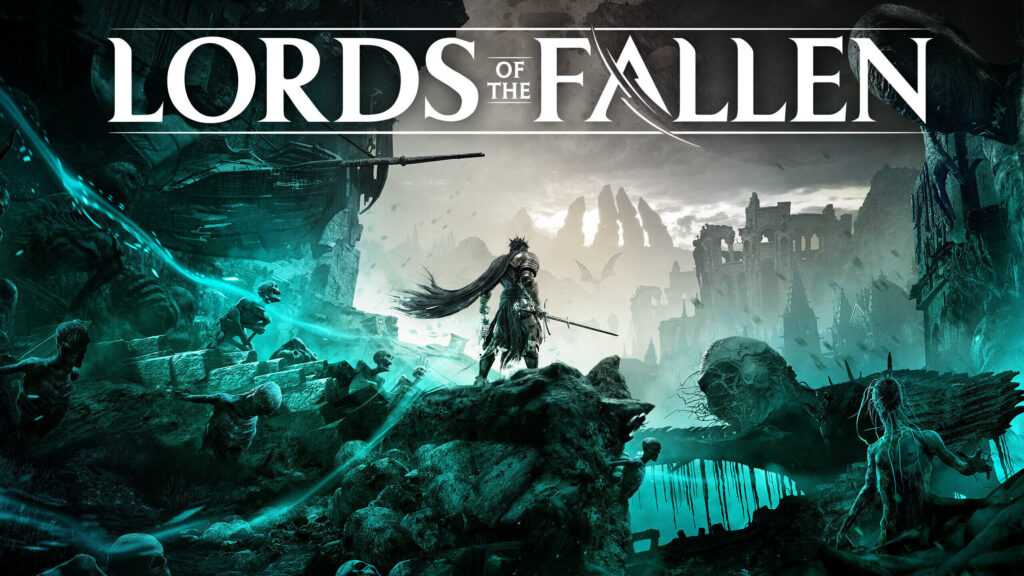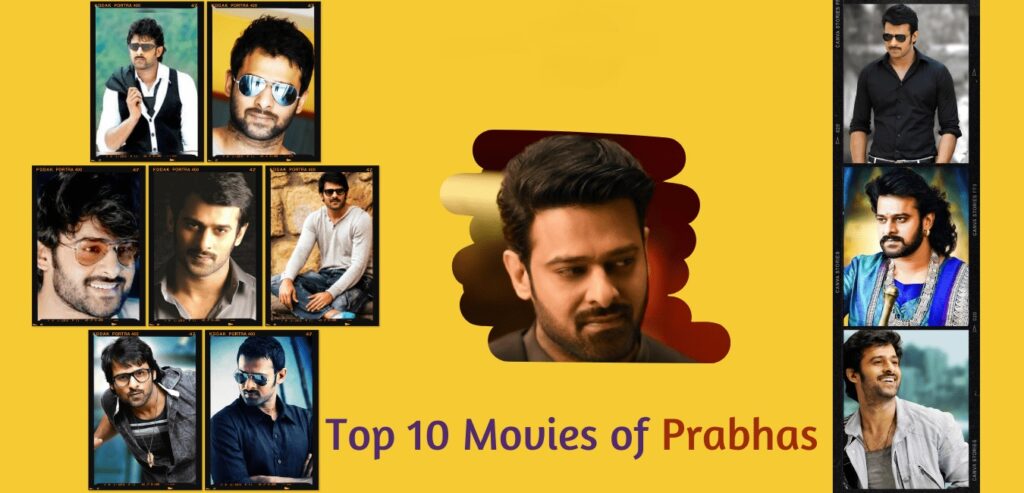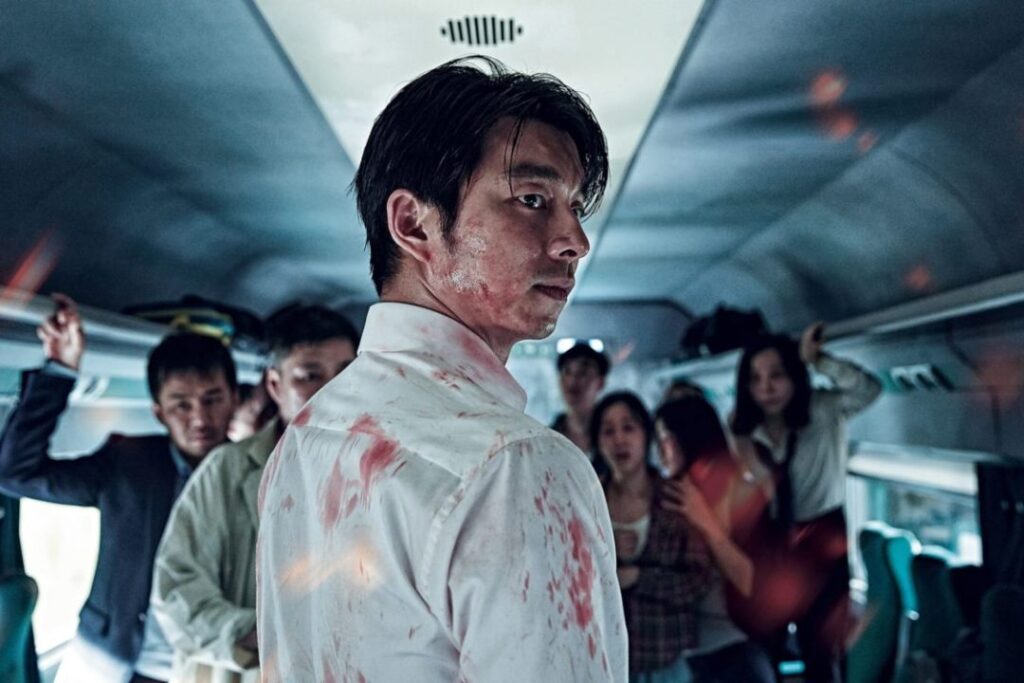In the arena, a gallant warrior charges forth on horseback, encircling me with a malevolent intent as his halberd remains poised with deadly precision. Alas, my reach proves insufficient. With a swift motion, I unleash fireballs propelled from a dangling, severed hand before me, and the knight succumbs to the earth, its impact reverberating through the ground. Anxious to pursue the residual ripples, they elude my grasp, leaving me vulnerable. Unexpectedly, the knight reappears with a colossal halberd, shattering my defenses as he launches into the heavens. Yet, this is the realm of Lords of the Fallen, a world where demise is not final. Dissolving into nothingness, I revive, my consciousness awakening in the ethereal plane, prepared to resume the struggle. Here, a field of azure flora awaits, tentacles poised to ensnare the knight and dismount him from his steed.
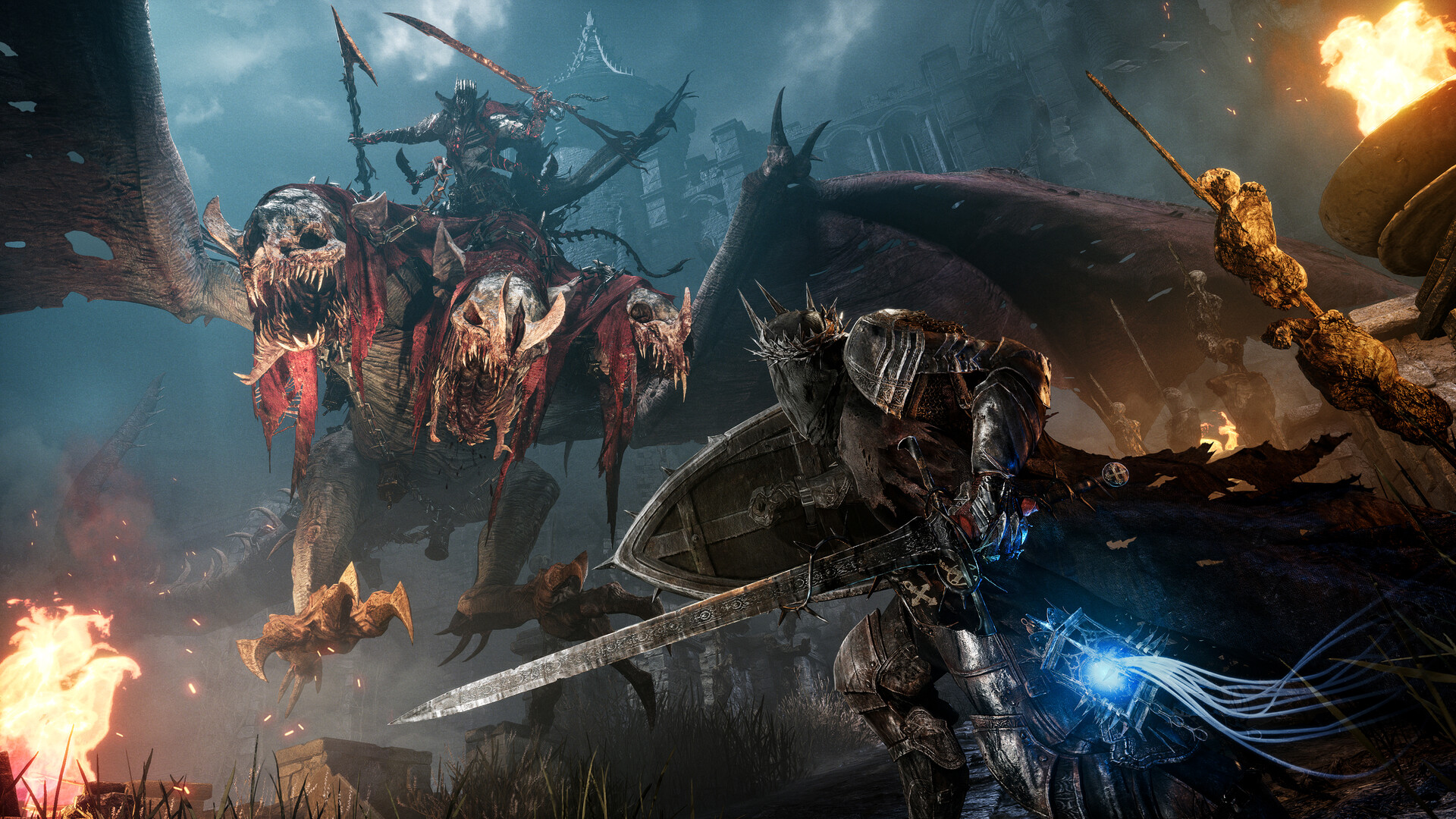
Lords of the Fallen stands as a testament to innovation within the Soulslike genre. Far from a mere imitation, it evolves the established formula. Commencing with a luminous lamp, its radiance unveils a portal into the Umbral realm. Embracing this light, one can traverse into an inverted reality, unveiling previously concealed paths and puzzles. It’s akin to the marriage of Dark Souls and Titanfall 2’s standout mission, Effect and Cause.
This infusion introduces intriguing complexities. Death becomes a transition to the spirit world, offering a chance to explore optional routes, discover treasures, or solve puzzles unlocking shortcuts. Nevertheless, the risks are substantial. Unhealed and besieged by relentless foes, the spirit world compels a more aggressive approach, urging constant engagement. Two distinctive Souls genres coalesce through the ephemeral glow of a lamp, fostering not only exploration depth but also a paradigm shift in gameplay strategies.
In one realm, elegance prevails—a fluid dance of caution, precise dodges, and synchronous boss encounters. In the Umbral realm, raw aggression reigns, demanding relentless combat to stave off overwhelming adversaries. Striking a balance between these playstyles while crafting a character build becomes a novel challenge. My pyromancer excelled in deliberate confrontations, yet faltered against undead hordes. Rather than abandon the build, swift claws were acquired, transforming my approach and necessitating adaptive thinking.
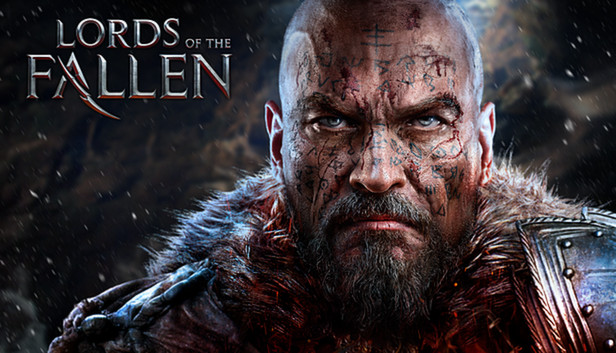
Regrettably, the game withholds this experience for an extended duration. The unskippable tutorial offers no noteworthy adversaries or bosses, presenting a linear puzzle solely dedicated to the lamp’s mechanics. Once liberated, the initial boss encounter resembles a foot soldier with an inflated health pool. Lords of the Fallen hesitates to unveil its full potential, and even upon unlocking the hub for exploration, the illusion of linearity persists.
The narrative unfolds with a directive to purify five crimson beams piercing the sky—a nod to Dark Souls’ Lord Souls. Yet, in contrast to FromSoftware’s classic, where paths diverge and bosses await at each end, Lords of the Fallen dictates the path without offering freedom. Hitting an insurmountable obstacle proves frustrating. Typically, Souls games allow flexibility—diverting to alternative routes, confronting different foes, leveling up, and returning when prepared. Here, grinding becomes the reluctant solution, a departure from the enriching exploration intrinsic to the Souls experience.
While the Souls series often relies on NPC summons, ranging from futile to burdensome, Lords of the Fallen presents surprisingly competent allies. Exhibiting robust health and peculiar quirks, they divert a boss’s attention, absorbing damage while providing a window for strategic assaults. This dynamic serves as a quasi-easy mode, though limited to boss encounters.
The Umbral world in Lords of the Fallen stands unparalleled, breathing new life into the Souls genre. In an era where imitators stagnate, offering little innovation, this game’s unique iteration provides a refreshing departure. Instead of chasing trends, it forges its own path, offering a glimpse of hope for a genre overshadowed by FromSoftware’s influence.

